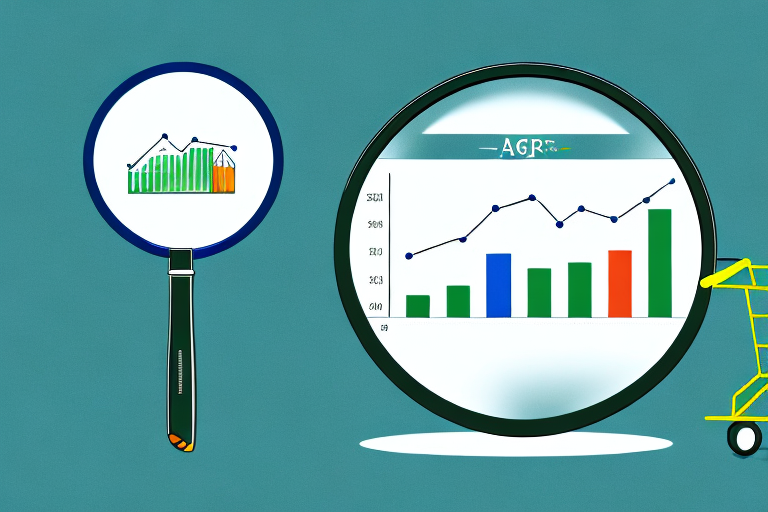The landscape of accounting is undergoing a seismic shift, thanks to the advent and integration of artificial intelligence (ai). As we venture deeper into the digital era, ai is not just an optional tool but a fundamental component that is reshaping the future of accounting. This article delves into how ai is transforming the accounting sector and what professionals in this field can expect in the coming years.
Ai and accounting: a synergistic relationship
The synergy between ai and accounting is rooted in ai’s ability to handle large volumes of data with precision and efficiency. Accounting, a profession traditionally laden with repetitive and time-consuming tasks, finds a powerful ally in ai. From automating data entry to conducting complex audits, ai is enabling accountants to focus more on strategic decision-making and less on mundane tasks.
Automated data processing and real-time analysis
One of the most significant impacts of ai in accounting is automated data processing. Ai algorithms are adept at quickly processing vast amounts of financial data, identifying patterns, and extracting relevant insights. This capability not only speeds up the accounting process but also enhances accuracy, reducing the likelihood of human error.
Moreover, ai facilitates real-time financial analysis, a game-changer for businesses. This real-time insight allows for more agile financial planning and forecasting, enabling businesses to respond promptly to market changes.
Enhanced fraud detection and risk management
Ai’s advanced pattern recognition capabilities are revolutionizing fraud detection in accounting. By analyzing transaction data, ai can identify anomalies that may indicate fraudulent activities. This proactive approach to fraud detection not only safeguards financial assets but also enhances the overall integrity of financial reporting.
In risk management, ai algorithms can predict potential financial risks by analyzing market trends and historical data. This predictive analysis helps businesses in strategizing risk mitigation plans, ensuring financial stability.
Personalized financial advice and client services
Ai is not just transforming internal accounting processes; it’s also redefining client services. Ai-driven tools can provide personalized financial advice to clients based on their unique financial history and goals. This level of customization was previously unattainable with traditional accounting practices.
The future of accounting jobs in the ai era
The integration of ai in accounting inevitably raises questions about the future of accounting jobs. While ai automates many tasks, it doesn’t render the accountant obsolete. Instead, the role of accountants is evolving. Accountants need to adapt by developing skills in ai management, data analysis, and strategic advisory. The future accountant will be more of a strategic advisor who interprets ai-generated data and provides insights for business growth.
Challenges and ethical considerations
Despite its numerous benefits, the integration of ai in accounting is not without challenges. One significant concern is data security and privacy. As ai systems handle sensitive financial data, ensuring robust cybersecurity measures is paramount.
Additionally, there are ethical considerations regarding ai decision-making processes. Ensuring transparency and accountability in ai algorithms is crucial to maintain trust in ai-driven financial reporting and advice.
Conclusion
The future of accounting with ai is not just a distant possibility; it’s already unfolding. Ai is enabling more efficient, accurate, and insightful accounting practices. For accounting professionals, staying abreast of ai developments and adapting to these changes is crucial. As ai continues to evolve, it promises to unlock even more potential in the accounting field, heralding a new era of innovation and strategic financial management.
In this transformative phase, embracing ai is not just about staying competitive; it’s about redefining the role of accounting in the business world. The future of accounting with ai is bright, and it beckons professionals to be part of this exciting journey.





